Introduction
Your pricing plan is one of the most crucial things to think about if you want to sell your Durham, North Carolina house quickly. In a competitive market, setting a home’s price appropriately is essential to drawing in buyers and creating interest. We’ll look at efficient pricing strategies for a quick sale in this post to help you stand out in Durham’s always changing real estate market.
The correct pricing can have a significant impact. If your property is overpriced, it might remain on the market for a long time, which could result in lower loan rates and future price reductions. However, if you set your price too low, you can lose out on a chance to increase the worth of your house. Finding the sweet spot—price your house strategically to generate interest right away while maintaining market competitiveness—is the key.
With a blend of urban and suburban neighborhoods and different buyer preferences, Durham’s real estate market is distinct. Setting the proper price requires an understanding of prior sales, area patterns, and buyer expectations. Your home will sell quickly and at a fair price if you use tried-and-true pricing strategies for a quick sale. This will give you the best chance of success in Durham’s competitive real estate market.
We’ll go into practical price advice in this post to help you sell your Durham house fast and efficiently.

This home selling guide is prepared by professional home buyers from Cardinal House Buyers
The Psychology of Home Pricing
The first impression you provide prospective buyers when selling your Durham, North Carolina home might make the difference between a speedy sale and a drawn-out listing. The cost of your house is one of the most significant determinants of this initial impression. For immediate buyer attraction and to increase interest in your property, it is essential to comprehend the psychology underlying pricing strategies for a quick sale.
Buyer Perception and Emotional Response
Potential buyers are typically influenced by a home’s pricing before they even enter. Buyers are searching for value in addition to a location to call home. Choosing the appropriate price might cause an emotional reaction that speeds up decision-making. Buyers may believe a home is beyond their means or doubt its worth if it is priced excessively high. However, if the asking price is too low, it may cause purchasers to question the home’s quality or think there is a problem.
You may encourage buyers to take immediate action by strategically pricing your house to generate enthusiasm and a sense of urgency. A properly priced property instantly conveys that it’s a good deal, increasing the possibility that it will draw several bids and possibly raise the price through bidding wars.
Creating a Sense of Value
Using the buyer’s impression of worth is a key component of pricing tactics for a speedy sale. If a home is priced slightly below a round figure, buyers are more inclined to think it’s a good deal. Listing your house at $299,900 rather than $300,000, for instance, gives the impression that it is worth more, even though the difference is small. In a competitive market like Durham’s, where buyers are continuously weighing price against features and location, this psychological pricing technique might help your house stand out.
Competitive Pricing in Durham’s Market
With residences ranging from contemporary construction in the neighboring areas to historic ones in downtown, Durham’s real estate market is vibrant. The speed at which your house sells can be greatly impacted by your understanding of local market conditions and setting prices appropriately. In a competitive market, setting your listing’s price too high can make it linger, while setting it too low can make it appear less appealing. Setting your home’s price intelligently will help you meet market expectations and guarantee that buyers will notice it as soon as it goes up for sale.

Setting a Competitive Price: Avoiding Overpricing and Underpricing
Setting the proper price is a delicate balance when it comes to pricing strategies for a quick sale in Durham, North Carolina. Your ability to sell your house quickly can be greatly impacted by both overpricing and underpricing. Finding the ideal pricing point that appeals to the market without turning off potential buyers or leaving money on the table is essential if you want to draw in serious purchasers and spark interest.
The Dangers of Overpricing
One of the most frequent errors made by homeowners when selling their houses is overpricing. Listing your property at a higher price in the hopes of receiving a larger return may seem alluring, but doing so frequently results in a longer time on the market and fewer prospective buyers. Expensive properties can easily become “stale,” leading potential buyers to believe there is a problem.
Online listings and market analysis tools frequently provide prospective buyers with up-to-date information on local prices in Durham’s competitive real estate market. Buyers may completely ignore your listing in favor of homes that appear more reasonably priced if yours is listed more than comparable listings. You can feel more pressure to drop the price the longer your house is on the market, which could lead to lower offers and a drawn-out selling process.
The Risks of Underpricing
However, lowering the price of your house in an effort to sell it quickly might also backfire. Even though it could increase interest at first, it might result in your house selling for less than its actual value. Although underpricing could make people feel pressed for time, it might also draw in bargain hunters who might not give you the price you want, wasting money.
Buyers may also be cautious when a home is offered too low because they may wonder why it is so much less than its market value. Underpricing could convey the idea that the house is defective or requires major repairs in a market like Durham, where a large number of purchasers are actively looking for reasonably priced properties.
Finding the Right Price
It’s crucial to thoroughly consider comparable Durham properties in order to steer clear of the traps of overpricing and underpricing. Based on previous sales of comparable properties in your neighborhood, this procedure, called a Comparative Market Analysis (CMA), will assist you in identifying the optimal price range for your property. Setting a competitive pricing that fits with market trends can be made easier by working with a local real estate agent who is familiar with the nuances of the Durham market.
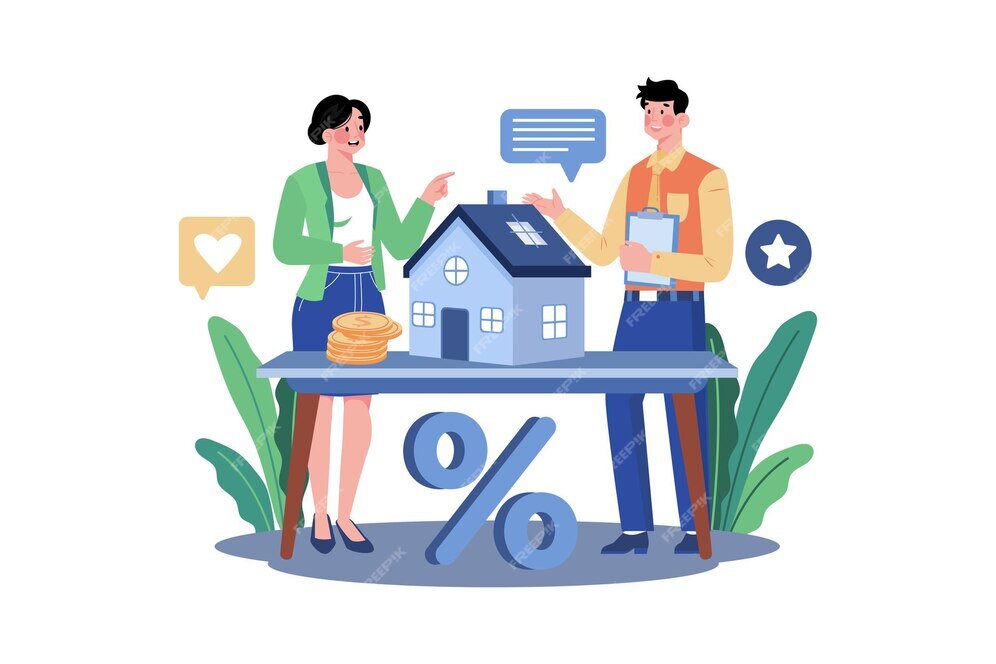
Price Adjustments
Flexible pricing strategies for a quick sale of a house in Durham, North Carolina, are required. Your original pricing might not be the best fit over time because the home market can fluctuate quickly. Knowing when and how to properly modify your listing price is crucial for maintaining your competitiveness in a market that is changing.
When to Adjust Your Price
Market shifts are among the most crucial factors to keep an eye out for when selling your house. It could be time to reconsider your pricing if you have had your house listed for a few weeks and you are not getting the quantity of showings or bids you had hoped for. Potential buyers are more likely to begin questioning whether there is a problem with a house if it remains on the market for an extended period of time without drawing significant attention. This is particularly true in Durham’s real estate market, where appropriately priced homes typically sell more quickly.
The market activity surrounding you is another important clue that it might be time for a price change. Your home may be overpriced in comparison to comparable properties if new listings in your neighborhood are receiving greater attention. In contrast, you may need to reduce your pricing to remain competitive if the market’s demand declines.
Small Price Adjustments vs. Large Cuts
Making little pricing adjustments can have a greater impact than making significant ones. A modest price drop (usually between one and three percent) can rekindle interest without raising buyers’ suspicions that your house is being sold in a “desperate” manner. These small changes also preserve your home’s perceived value.
To spark fresh interest, a bigger price reduction might be necessary in some circumstances, particularly if the house has been on the market for a number of months. It’s crucial to act intelligently if you plan to implement a more significant price change. For instance, to attract customers looking inside a specific price range, you can target key price points, like changing from $325,000 to $299,000.
How Often Should You Adjust?
When making price changes, timing is crucial. It can give buyers the impression that you’re desperate or uncertain of the real worth of your house, so you don’t want to change your price too much. In general, it’s a good idea to think about changing the price of your house if it has been listed for 30 to 45 days without receiving any bids.
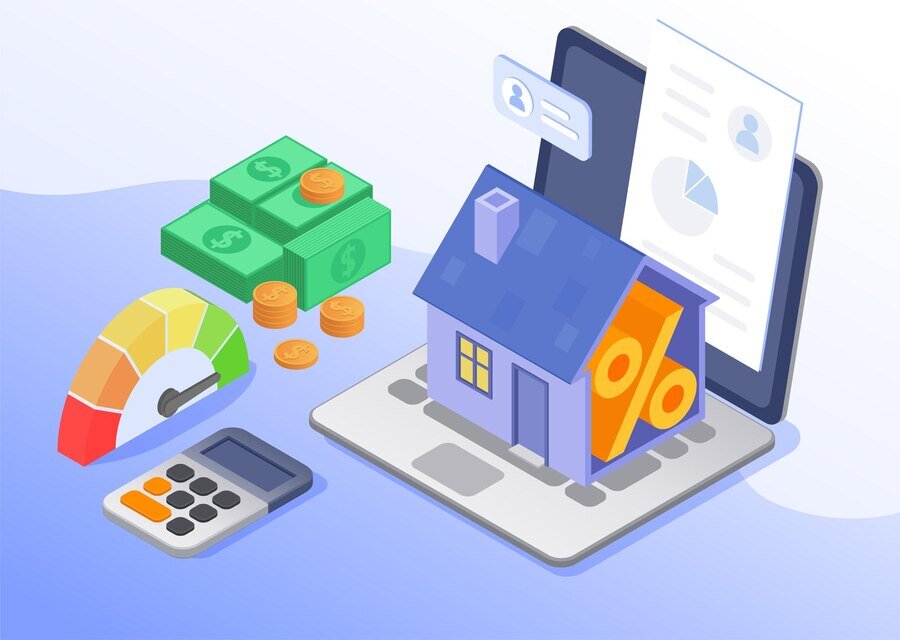
The Role of Condition and Timing in Setting the Right Price
Your home’s condition and the time of your sale are important factors in deciding the best price when it comes to pricing strategies for a quick sale in Durham, North Carolina. Sellers can position their property for a quicker sale and possibly draw in more bidders if they are aware of how these aspects affect pricing.
The Impact of Home Condition on Pricing
Your home’s market worth is directly impacted by its condition. A higher asking price may be justified if your house is in outstanding condition, newly remodeled, well-maintained, and ready for immediate occupancy. Clean, modern, and major-repair-free homes tend to draw more purchasers and get a higher price tag. A well-presented home is more desirable to buyers since it indicates that there will be lower upfront expenses.
However, you’ll need to include any necessary maintenance, repairs, or updates in your pricing plan. In order to draw attention, homes with outdated features or clear maintenance requirements may need to be priced more competitively. Setting your home’s price appropriately will help allay the fears of many buyers who are reluctant to undertake expensive repairs. Pricing strategies for a quick sale may also comprise pricing it lower to appeal to buyers searching for a deal or those prepared to take on a fixer-upper if you are unable or unable to make repairs prior to advertising.
Consider getting a pre-listing inspection or working with a real estate agent who can offer insights into what buyers are looking for in terms of house condition to make sure your home is priced appropriately depending on its condition.
Timing Your Sale for Maximum Impact
Another important factor in choosing the appropriate pricing is the time of your sale. Seasons can have a big impact on Durham’s housing market, with demand usually being stronger in the spring and summer. You may have a little more leeway in setting your prices if you’re selling during these busy times. You may be able to price your house at the higher end of the market value for a speedy sale because buyers are more active and competition is usually stronger.
However, pricing strategies for a quick sale become even more crucial if you are selling in the slower fall or winter months. Setting a competitive price can help draw attention and create offers during these months when fewer buyers may be engaged. To stand out in a less competitive market, you might want to think about setting your prices a little lower than the going rate.
The length of time your house has been for sale also affects timing. When a house is listed for a long time, it may become “stale.” In this situation, periodically raising the price can help spark interest and make sure the property doesn’t go too long without any offers.
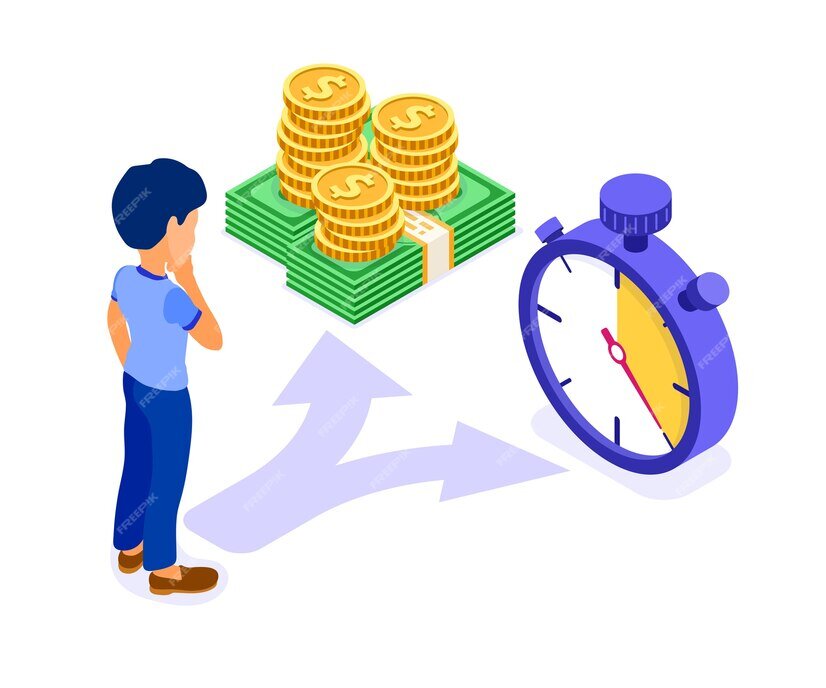
Evaluating the Competition
A Comparative Market Analysis (CMA) is one of the most crucial tools available to you when thinking about pricing strategies for a quick sale in Durham, North Carolina. A CMA is a thorough study that a real estate agent provides that contrasts your house with comparable homes that are either for sale right now, have recently sold, or have even failed to sell. You can set a competitive pricing that immediately draws buyers without losing money if you know how your house compares to the competition.
How a CMA Helps with Pricing Strategies for a Quick Sale
A certified real estate agent (CMA) provides a thorough overview of the local real estate market, providing you with the most recent information on the pricing and performance of properties that are comparable to yours. This knowledge is essential for setting a reasonable yet competitive price that will result in a speedy sale. You can determine the state of the Durham real estate market by looking at the prices of recently sold properties. Are houses selling fast in your neighborhood? Are there any price trends—like growing or falling values—that you should be mindful of?
Key Components of a CMA for Pricing
Active Listings: These are houses that are most comparable to yours in terms of size, location, and condition and are up for sale right now. You can find out what other sellers are asking for and whether your house is overpriced or competitive by comparing it to comparable listings.
Pending Listings: Properties that are under contract but haven’t been sold yet reveal what buyers are prepared to spend in the present real estate market. Your pricing approach may need to be in line with the houses in your price range if many homes are under contract.
Sold Listings: The most valuable portion of the CMA is made up of recently sold homes. These properties provide a reasonable indicator of market worth because they have sold at their listing prices. Homes with comparable square footage, features, and conditions should receive particular attention. Your home’s pricing for a speedy sale will be more accurate the closer it is to the others.
Expired Listings: These are homes that were listed but didn’t sell. Analyzing expired listings can offer crucial lessons on pricing. If homes in your area were overpriced and failed to sell, it’s a clear sign that overpricing could be a risk.
Why a CMA is Essential for a Quick Sale
You can steer clear of the typical mistakes of overpricing or underpricing your house by include a CMA in your pricing strategies for a quick sale. While underpricing could result in you losing money, overpricing could cause your house to languish on the market for too long. Setting a price that is competitive, reasonable, and appealing to potential purchasers is made easier with the use of a CMA.

Setting the Right Price for a Quick Sale: Balancing Aggressiveness and Realism
Choosing the proper price is one of the most important decisions you will make while selling your Durham, North Carolina house. A balance must be struck between being aggressive enough to draw attention and reasonable enough to appeal to prospective customers when developing pricing strategies for a quick sale. The secret is knowing how much your house is worth, the state of the market, and how quickly you want to sell.
Aggressive Pricing: Attracting Immediate Attention
Although it needs careful thought, an aggressive pricing plan can be very successful for a speedy sale. Your house can stand out from the competitors if you price it a little less than its market worth. Buyers are more likely to express interest in a property priced below comparable listings in a market like Durham, where demand may fluctuate, particularly if it offers good value. This tactic may instill a sense of urgency among buyers, encouraging them to take immediate action to avoid missing the chance. To avoid undervaluing your house, this strategy should still be based on market data.
Realistic Pricing: Avoiding Overpricing Pitfalls
Pricing your house too high, however, may have the opposite effect. Although you may believe that a high price allows for negotiation, it can really make your listing stall, which will eventually result in fewer showings and necessitate a price decrease. Durham buyers are astute and steer clear of properties that appear excessively priced for the neighborhood, particularly in a market where listing comparison is simple. In addition to running the risk of your property becoming stale, overpricing might give the impression to prospective buyers that you are not serious about selling, which can ultimately reduce interest.
Finding the Sweet Spot: Data-Driven Pricing
You need to use data to determine the appropriate price. A thorough comparative market analysis (CMA) is a crucial tool for figuring out a competitive pricing and comprehending previous transactions in your community. You may improve the positioning of your listing in the local market by looking at the selling prices of comparable Durham houses. This enables you to set the price of your house so that it attracts buyers while preventing you from underselling it.
Balancing Aggressiveness with Realism
Finding the ideal balance between aggressive pricing and reasonable expectations is essential to selling your house quickly. In Durham, pricing strategies for a quick sale should strike a balance between competitive pricing with knowledge of your house’s special qualities. Setting a price too high can backfire, even if it’s natural to aim for the highest price. Rather, you will draw in more purchasers and have a more seamless transaction if you price your house properly and competitively.
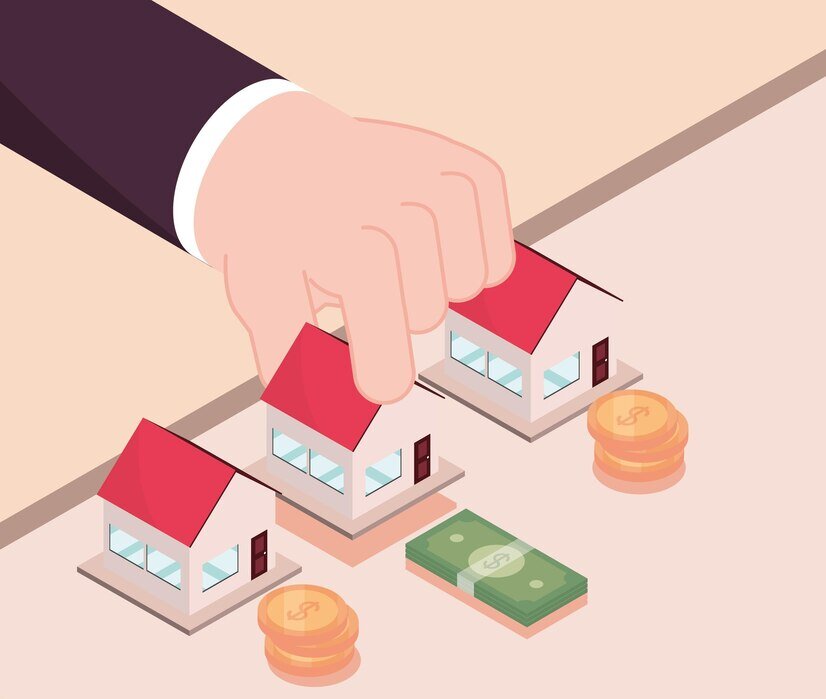
Conclusion
Using the appropriate pricing strategies for a quick sale is essential to distinguishing out and luring serious buyers in Durham’s competitive real estate market. You can price your house competitively without compromising value by reading local market trends, knowing buyer psychology, and avoiding overpricing. A speedy sale might be hampered by both too high and too low prices, so it’s critical to find a balance.
By using methods such as a Comparative Market Analysis (CMA), you can stay competitive and make sure your price is in line with the state of the market. Buyer interest can also be raised by employing round numbers, making minor price adjustments, or adding incentives like closing cost assistance. A well-priced, well-maintained home during the ideal time of year will attract more potential buyers and hasten the sale of your property.
Keep in mind that there are no universally applicable pricing strategies for a quick sale. It’s critical to adjust your approach to the particulars of both the Durham market and your house. For the greatest outcomes, think about speaking with a local real estate specialist who can help you determine the optimum pricing and offer insight into current trends.
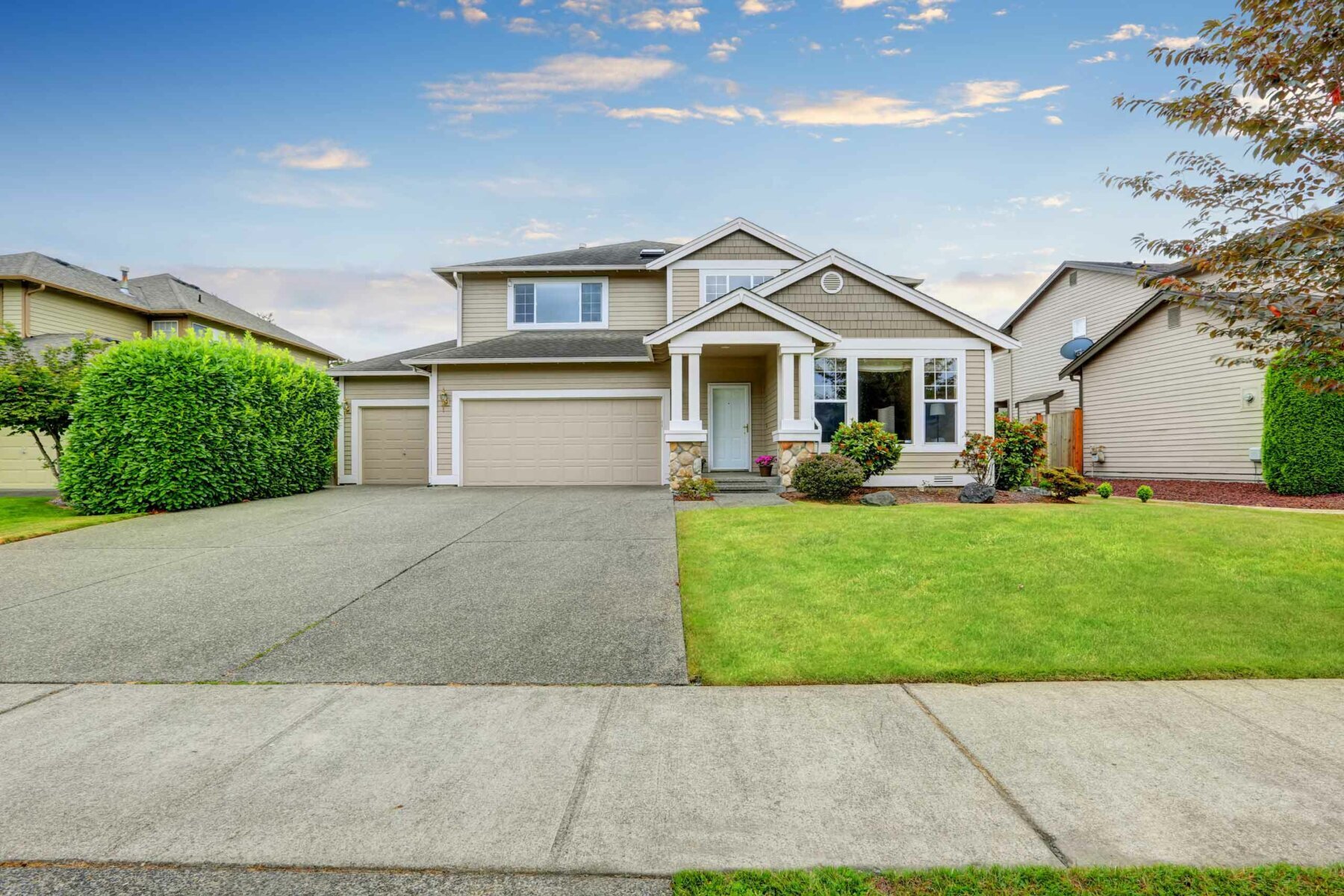

But it gets better:
You can sell fast without an agent with no rush to move. You don’t have to move out right away; you can stay in your home for awhile until you locate another home.
We are confident that we can help you today – regardless of the situation.

